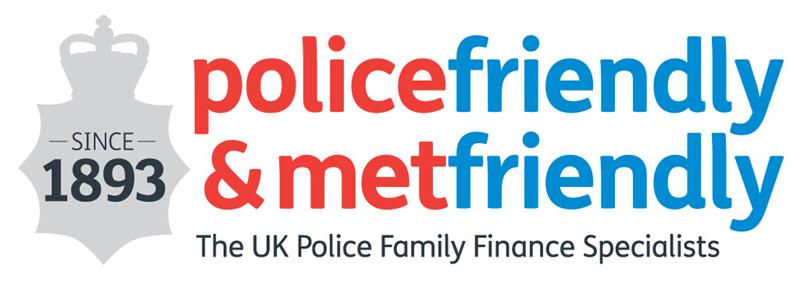UK Inflation for July, as measured by the Consumer Price Index (CPI), was 3.8% according to figures released by the Office of National Statistics.
Adding to this, will be the 2% increase in gas and electricity prices from October, just announced by energy regulator, Ofgem. The increase means a household using a typical amount of energy will pay £1,755 a year, up £35.
Inflation isn’t just a headline figure on the news — it’s something most of us feel directly, whether in the cost of the weekly shop, the energy bill dropping through the letterbox, or the rent or mortgage going out each month.
Inflation is a reminder that it isn’t just how much money that comes in that matters, but how far it stretches when it goes out.
Inflation in plain terms
Put simply, inflation measures how much prices rise over time. If inflation is 4%, something that cost £100 a year ago will now cost £104. That might not sound dramatic, but over time, it steadily reduces the spending power of your money.
For example, according to the Bank of England’s inflation calculator, £100 in 2000 would buy goods and services that would cost over £180 today.
The good news is that inflation has eased from the double-digit highs of 2022–23; however, it remains a significant factor in household finances. This is particularly true when essentials, from food to housing costs, are still rising faster than many would like.
The picture for Police families
Our own Police Family Finance Index shows just how real this feels.
Almost two-thirds of Police Officers (64%) say they have financial concerns, with 55% reporting a significant impact on their mental health. Rising housing costs, higher childcare bills, and increased day-to-day spending all play a part.
National data tells a similar story: families with children, mortgage-holders, and renters are among those who feel inflation most sharply. For some, the focus is on balancing the food budget. For others, it’s about coping with higher mortgage payments after coming off a fixed-rate deal. Retired households, meanwhile, worry more about heating and energy bills.
So, while inflation is the number reported in the headlines, what it means to you depends heavily on your circumstances.
Building resilience against inflation
The recent 4.2% pay award for Police is an important step in the right direction — but inflation underlines why financial resilience matters. Resilience means being able to absorb price rises or unexpected costs without it knocking your finances off course.
That’s why it can be useful to think about how to make the most of the money you have today, so it supports you tomorrow.
Practical steps you can take
- Budget with inflation in mind – keep an eye on categories where costs are rising most quickly, particularly in essentials such as food, fuel and energy, which are not easy to cut back on. Small adjustments might be needed elsewhere in your budget to free up money for these more important priorities.
- Make your pay rise work harder – when income goes up, it’s tempting to let spending rise with it. One option is to divert a slice of any increase straight into savings or investments before it gets absorbed into day-to-day spending.
- Think long-term about savings – cash savings are essential for emergencies, but they often struggle to keep pace with inflation. Long-term options such as ISAs or Savings Plans with guaranteed bonuses can offer the potential for steadier growth that may outpace inflation, especially when combined with tax advantages. This mirrors the Government’s current narrative: that investing sensibly and for the long term can play a valuable role in protecting future living standards.
Looking ahead
Inflation is lower than it was, and pay awards are helping to ease the strain, but the real difference comes from how you prepare and plan.
Building up savings, exploring investment options, and taking practical steps today can help ensure that inflation doesn’t dictate your financial future. They can also give you peace of mind, knowing you have options, even when costs go up.
At Police Friendly and Metfriendly, we can’t control the economy — but we can help you take control of your financial resilience. If you’d like to talk through your options, our team is here to help — get in touch today to see how we can support you in planning and building your financial future.





